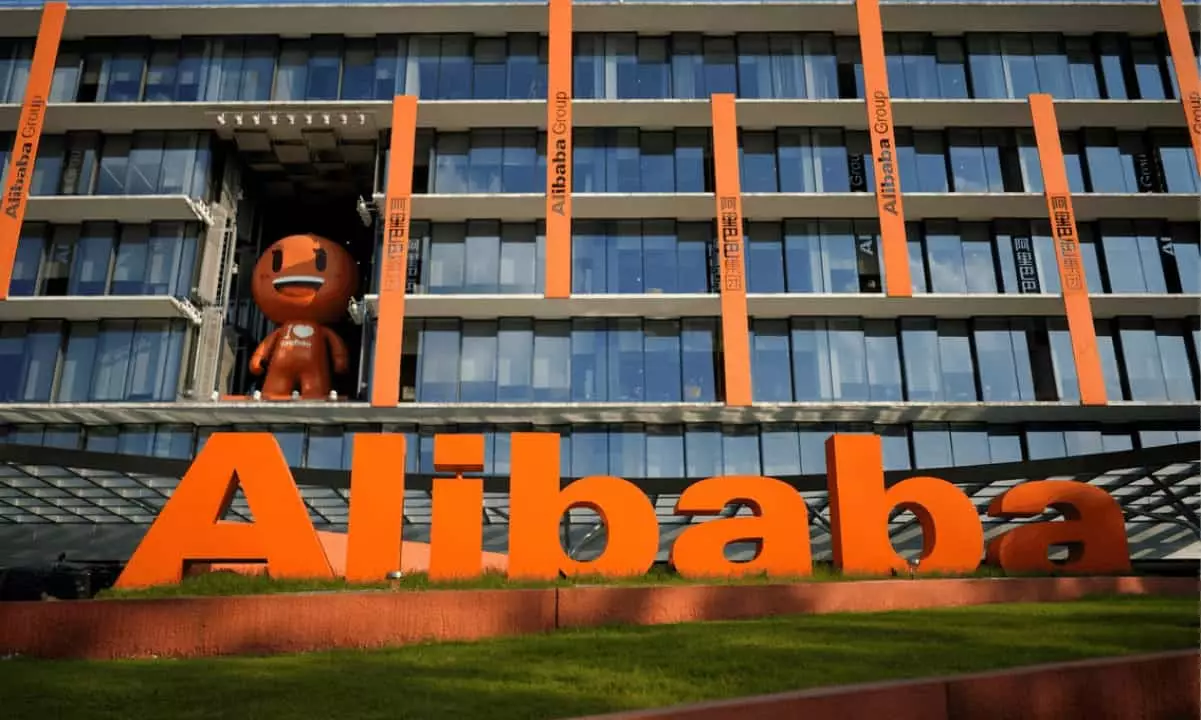In a reflection of evolving priorities within the tech industry, Alibaba, the Chinese e-commerce giant, has initiated a significant restructuring of its metaverse operations. This move comes amid a wider trend among leading tech companies, where a shift in focus has resulted in workforce reductions in the metaverse segment. Notably, Alibaba’s metaverse division, known as Yuanjing, experienced layoffs that affected dozens of staff members in key locations such as Shanghai and Hangzhou. This restructuring indicates a strategic pivot, as Alibaba aims to enhance the efficiency of its operations while maintaining a presence in the metaverse space.
Despite the downsizing, Alibaba has expressed a commitment to its metaverse projects, including a continued investment focus on applications and services geared towards customers. In a notable financial move, the company backed Nreal, a firm that produces augmented reality (AR) glasses, with a $60 million investment. This partnership underscores Alibaba’s belief in the potential of AR technologies as enablers for metaverse interactions, a sentiment shared by many industry experts. Furthermore, Yuanjing has made strides in developing a cloud-operated system aimed at enhancing the metaverse experience within gaming and other industrial sectors.
Alibaba’s decision to trim its workforce within the metaverse echoes actions taken by other significant players in the tech arena. The parent company of Facebook, Meta Platforms, has also reduced staff in its Reality Labs division, which is focused on custom semiconductor development. Similarly, Baidu’s pivot towards artificial intelligence (AI) after the debut of OpenAI’s ChatGPT has demonstrated a shift away from metaverse investments. Such movements indicate that the initial excitement surrounding the metaverse is waning, as companies reassess their commitments in light of new technological landscapes.
While immediate layoffs may paint a grim picture, the potential of the metaverse is still robust. Reports from Global Markets Insights highlight that the global industrial metaverse market is anticipated to grow from its 2023 valuation of $22.4 billion at an impressive compound annual growth rate (CAGR) of 29.5% from 2024 to 2032. This suggests that while companies are recalibrating their focus, the fundamental interest and investment in metaverse technology remain strong, fueled by the integration of AI and innovative applications in varied sectors.
Alibaba’s restructuring of its metaverse unit symbolizes a significant transition point for the tech industry. As the company reallocates resources, shifting toward AI while retaining a foothold in the metaverse, it highlights the importance of adaptive strategies in a rapidly transforming market. Although challenges lie ahead, the continued evolution of the metaverse presents opportunities for innovation. As seen with Alibaba’s partnerships and investments, a recalibrated approach may ultimately lead to meaningful advancements in how consumers experience virtual spaces. The tech landscape is evolving, and companies that embrace change will likely find themselves at the forefront of future developments.

